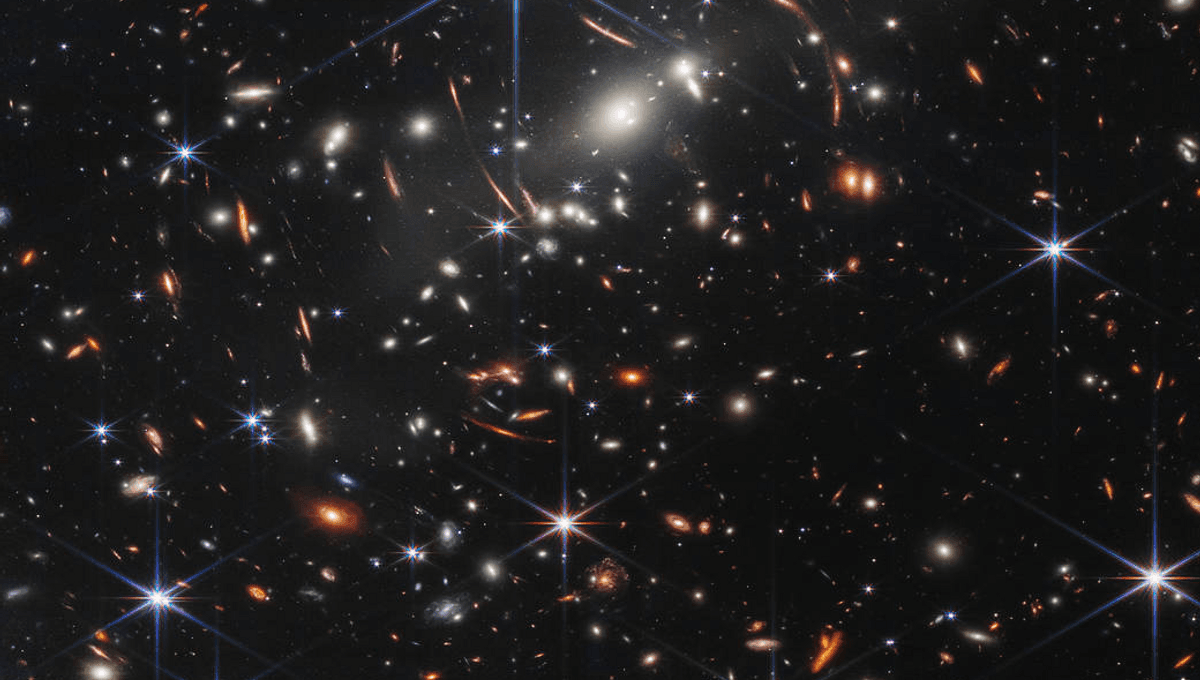
One cosmologist has claimed the universe is almost twice as old as conventional estimates, and his claims have attracted plenty of attention. The proposition would upend not just the timing of everything, but a great deal of what we think we know about the universe’s development. However, he’s not even close to convincing his peers.
The standard estimate for the age of the universe is 13.79 billion years, plus or minus 20 million years. Some recent observations appear to contradict this. In most cases there are alternative explanations, but many astronomers do consider it plausible the true value may be a little higher, either at the upper end of the error bars, or a little bit beyond that.
Dr Rajendra Gupta of the University of Ottawa, however, has thrown such considerations out and published a paper arguing the true age of the universe is 26.7 billion years. He calculates this using a hybrid version of an old hypothesis known as “tired light” that is generally regarded as discredited, and modern cosmology. Quite a few media outlets have jumped on board, mostly treating the claim as if it’s as plausible as any other peer-reviewed paper.
A much older universe would certainly explain some things, like how some of the galaxies the JWST has spotted could be so developed so soon after we think things began. However, Carl Sagan’s aphorism that “extraordinary claims require extraordinary proof” seems made for this circumstance, and according to other professional astronomers, Gupta has no proof at all.
“There are many, many measurements that suggest the age of the universe is about 14 billion years,” Professor Tamara Davis of the University of Queensland told IFLScience. “Not just the cosmic microwave background, not just the expansion rate measured using supernovas, there’s also the large-scale structure of the universe and the measured age of the oldest stars.” At one point these appeared to be in conflict, Davis explained, with some pointing to a universe 9-10 billion years old, while others suggested 14 billion years. Now, with some reconsideration, all approximately agree.
“The other issue is that they’ve fitted their model to the supernova data alone,” Davis continued. “It’s just not good enough to fit it to one set of data and ignore all the rest.” She compared this to previous attempts to use supernova data to discredit dark energy, without testing the consequences. “They don’t seem to have done even simple things like see whether their new theory of gravity breaks what we know about the orbits of planets in the solar system,” she added.
Gupta makes much of the earliest galaxies the JWST has spotted, which did indeed cause some puzzlement among astronomers. However, Davis told IFLScience this has partially been explained. “There were difficulties with calibration with the JWST that have now been fixed,” she said. The distance to these galaxies, and therefore their age, was estimated using the relative brightness of different parts of the spectrum. As astronomers have become more familiar with the instrument, they’ve refined their estimates to get figures more consistent with a 14 billion-year-old universe for most of them.
Even one study that Gupta refers to, which found surprisingly developed galaxies at very large distances in the JWST data, indicates these galaxies are very young, Davis added, and would at most nudge our estimates of the universe’s age slightly higher.
The oldest known star in the Milky Way, HD 140283, also known as the Methuselah star, has been estimated to be 14.46 billion years old, with an error of 800 million years. However, while there are no questions HD 140283 is old, subsequent estimates have been low enough to avoid any conflict with the universe’s age. Moreover, even if the highest estimate is right, it might add 1-2 billion years to estimates of the universe’s age, not a doubling.
Similarly, a recent study places the age of the oldest known globular star cluster uncomfortably close to the 13.8 billion-year ceiling. If the universe was anything like the age Gupta suggests, however, we’d expect to see clusters that were 20 billion years old at least, and nothing like that has been found.
Gupta’s paper is published in the Monthly Notices of the Royal Astronomical Society.
Source Link: Why It's Extremely Unlikely The Universe Is 26.7 Billion Years Old